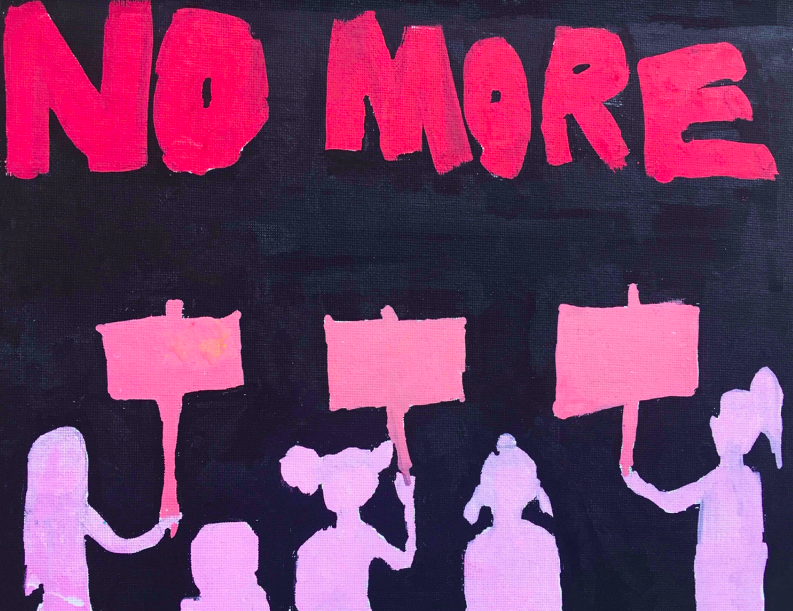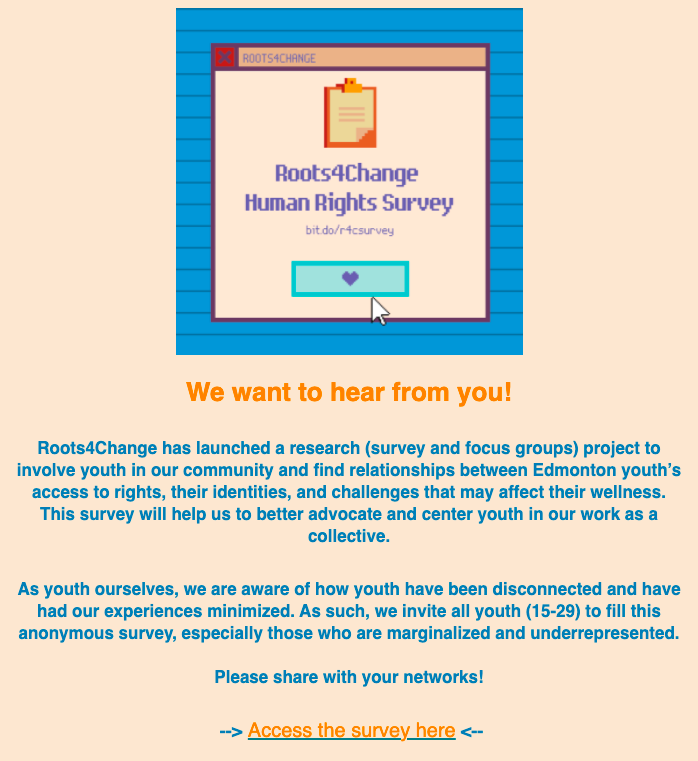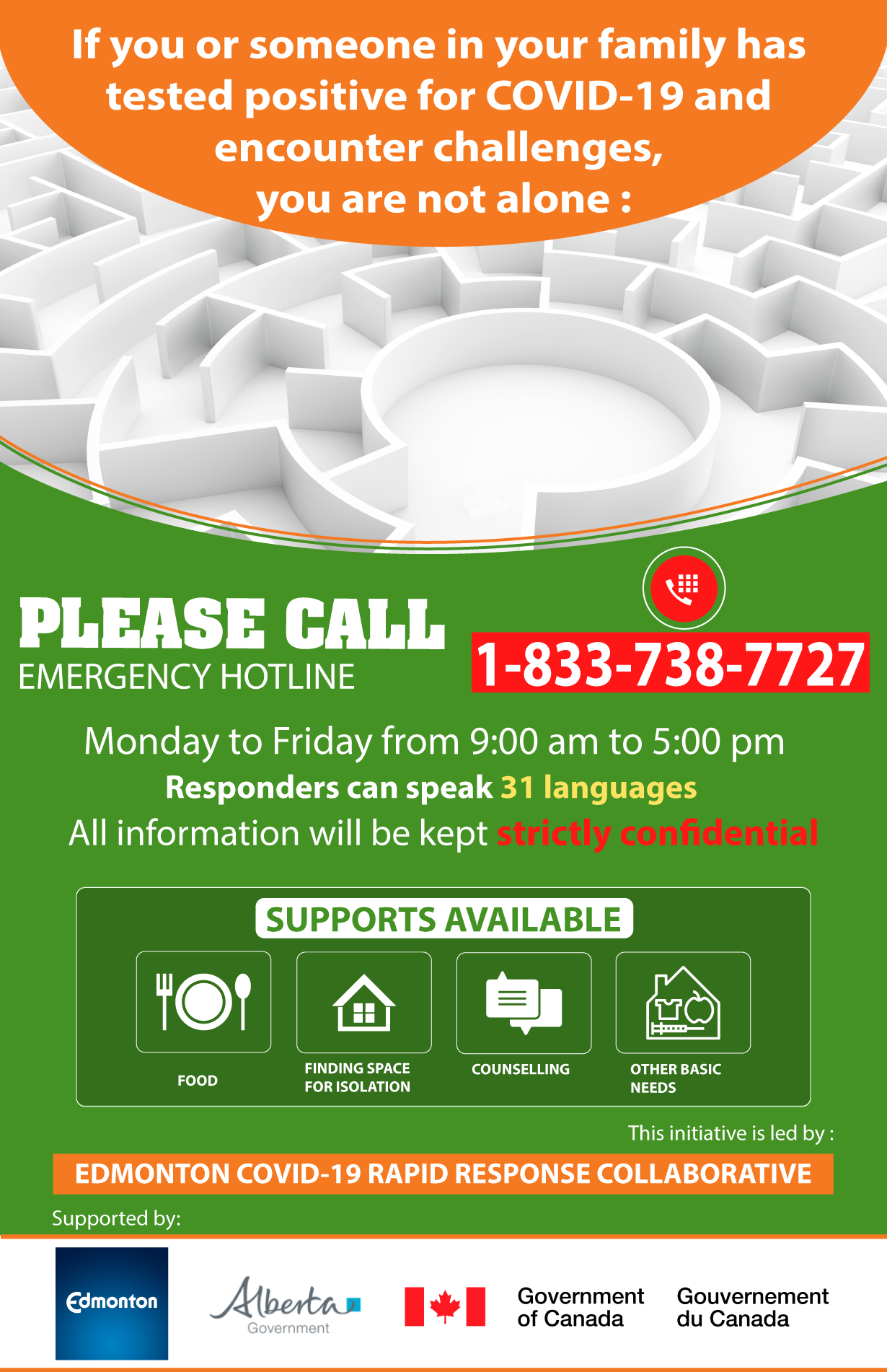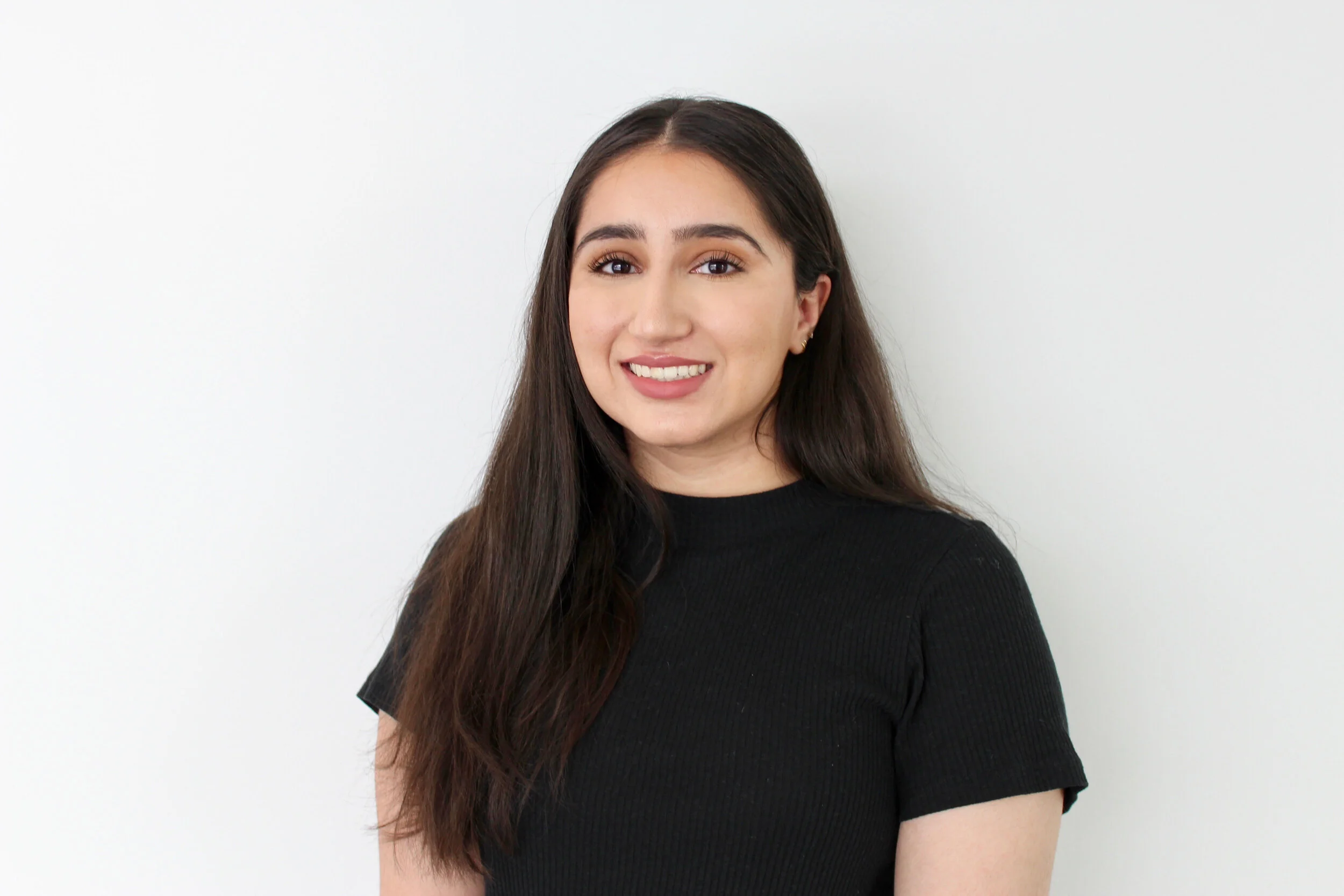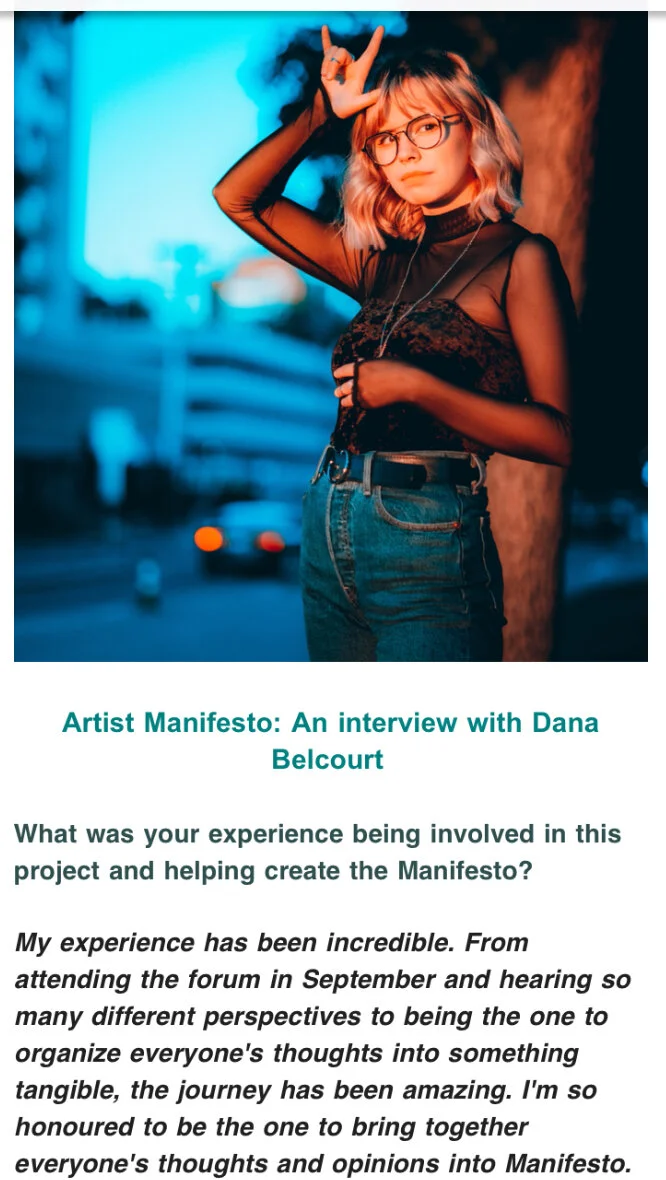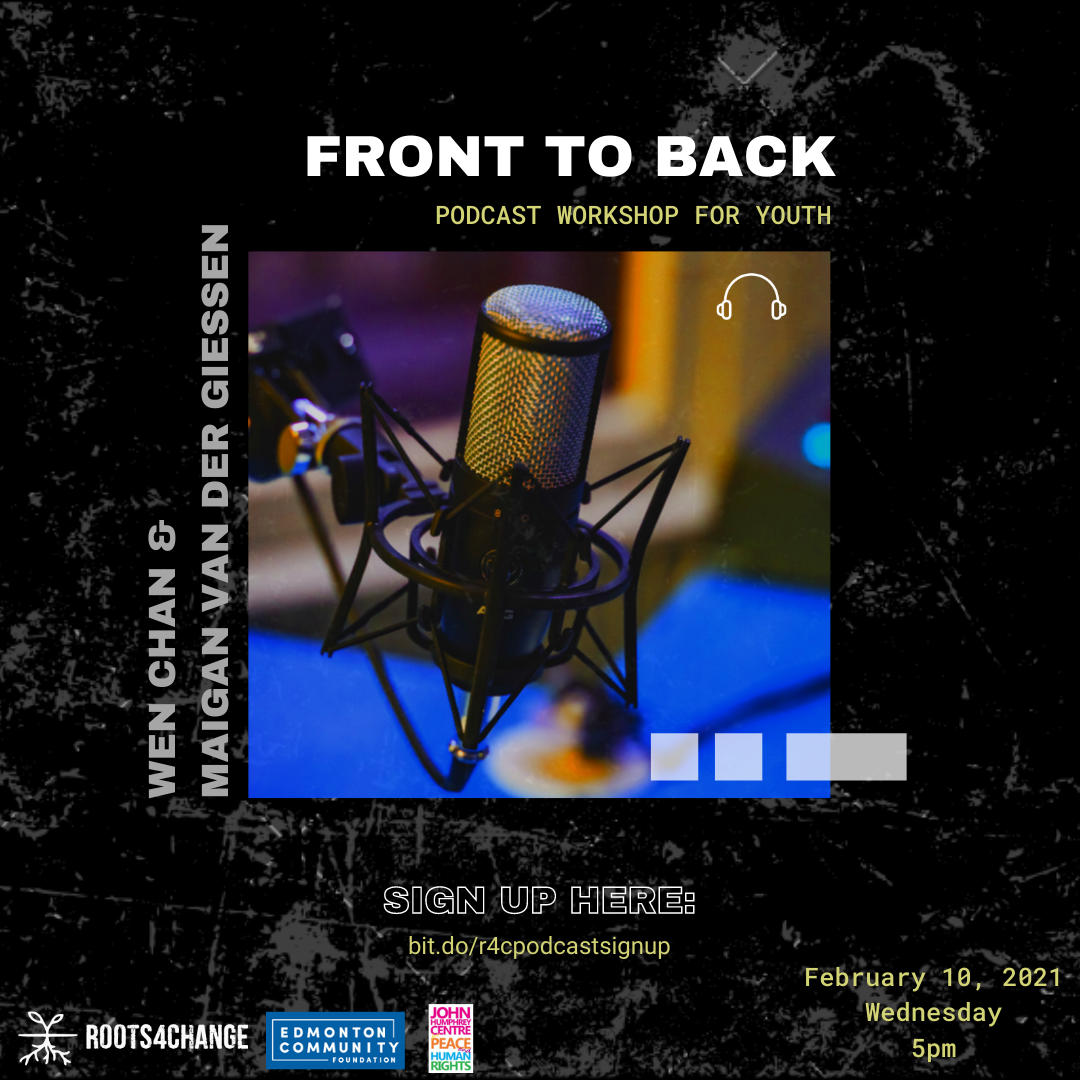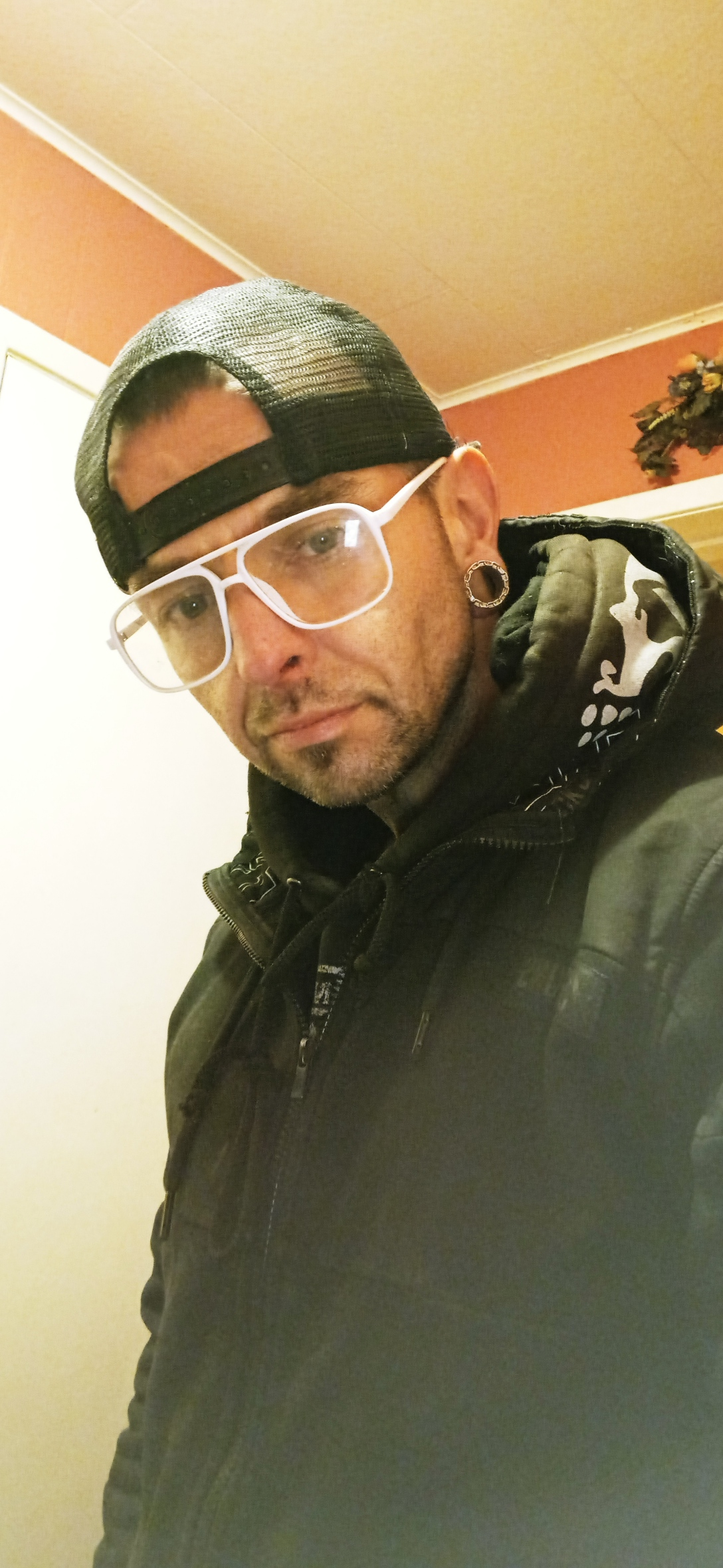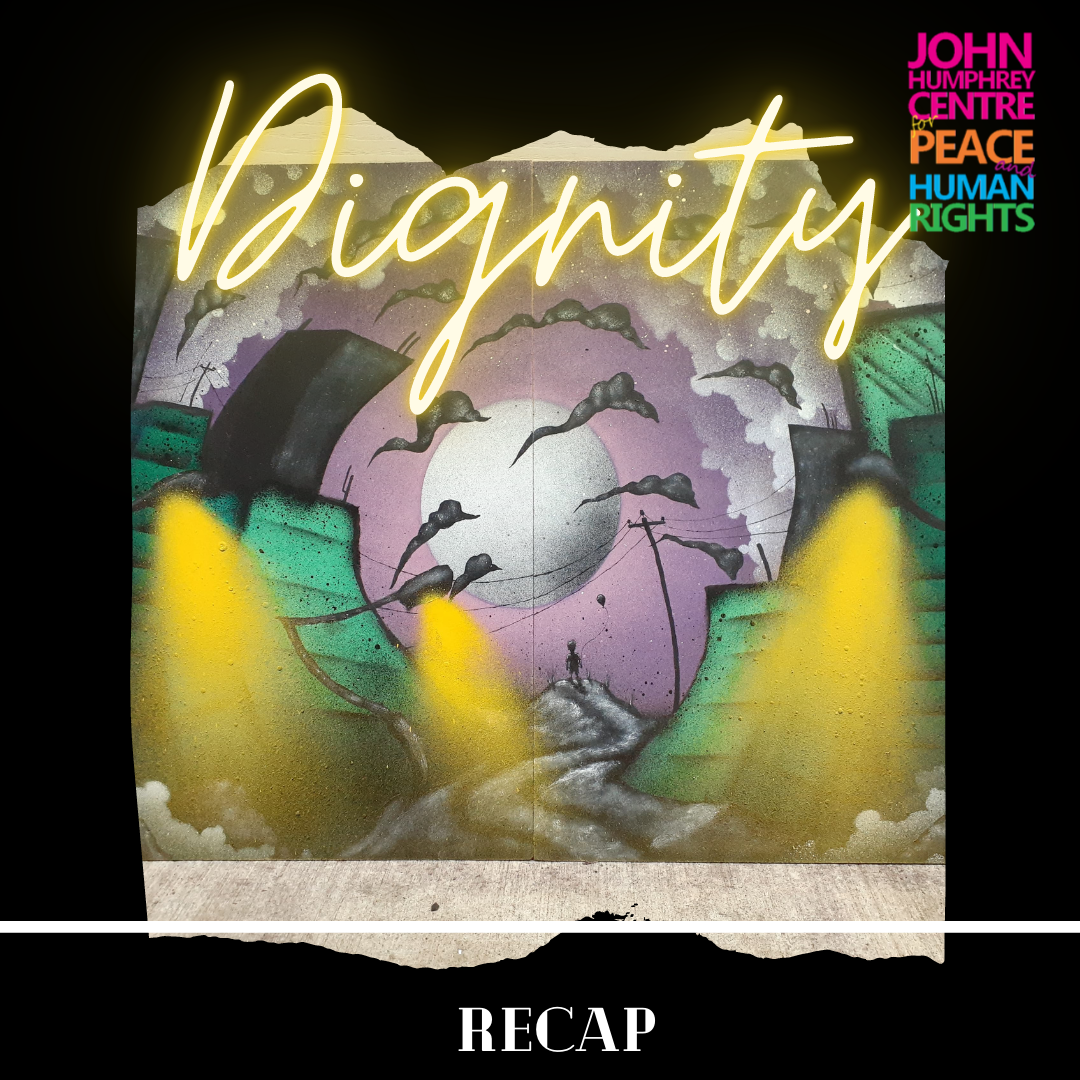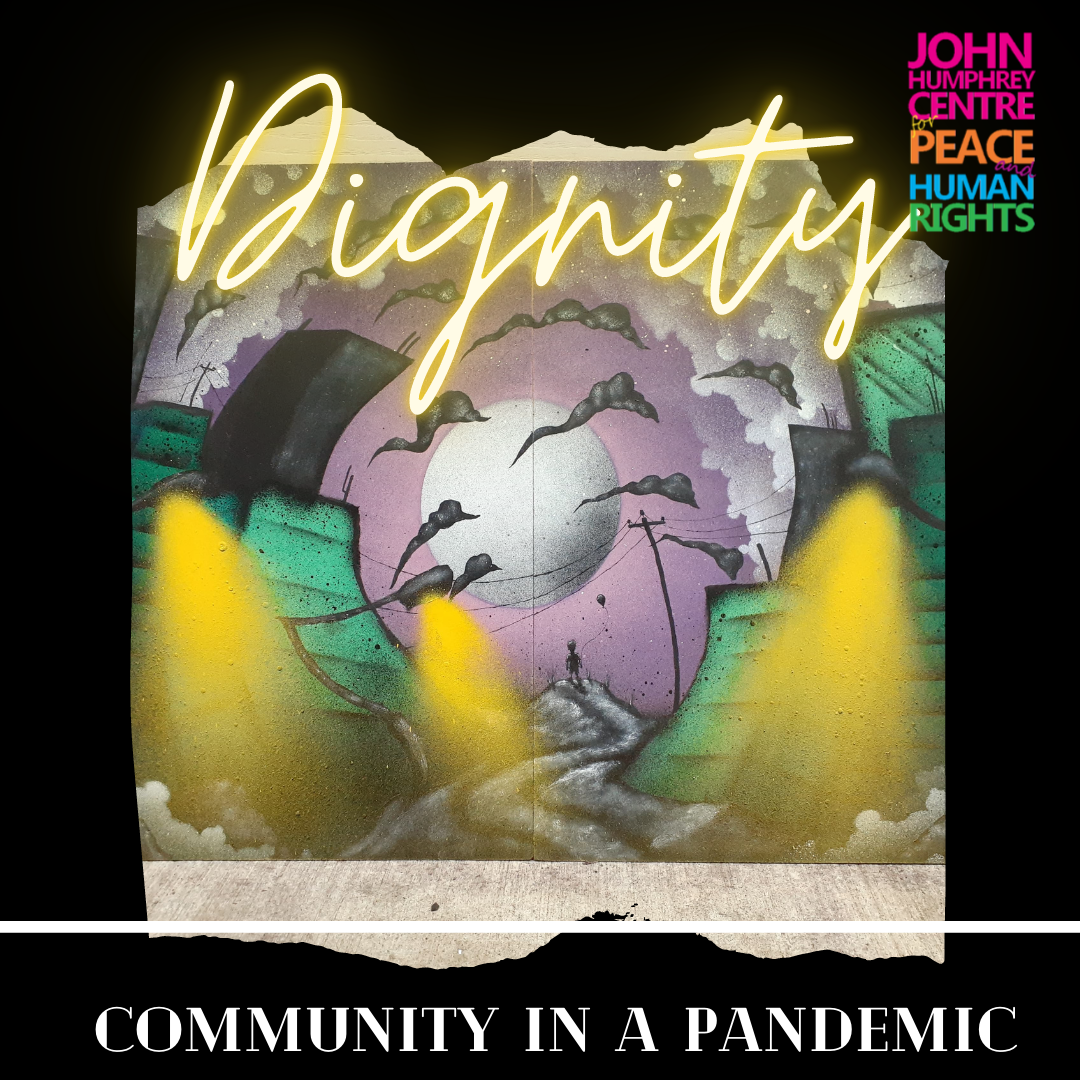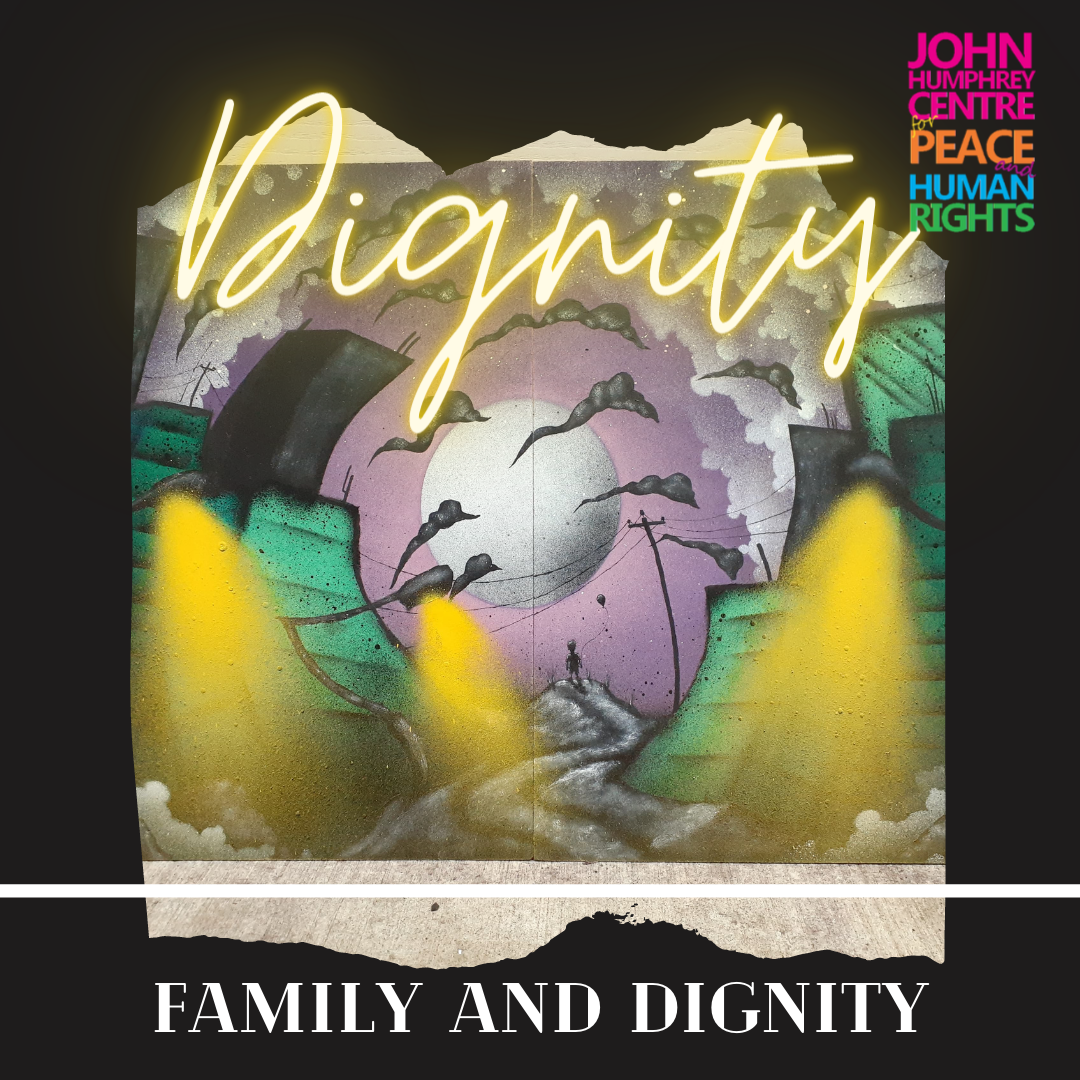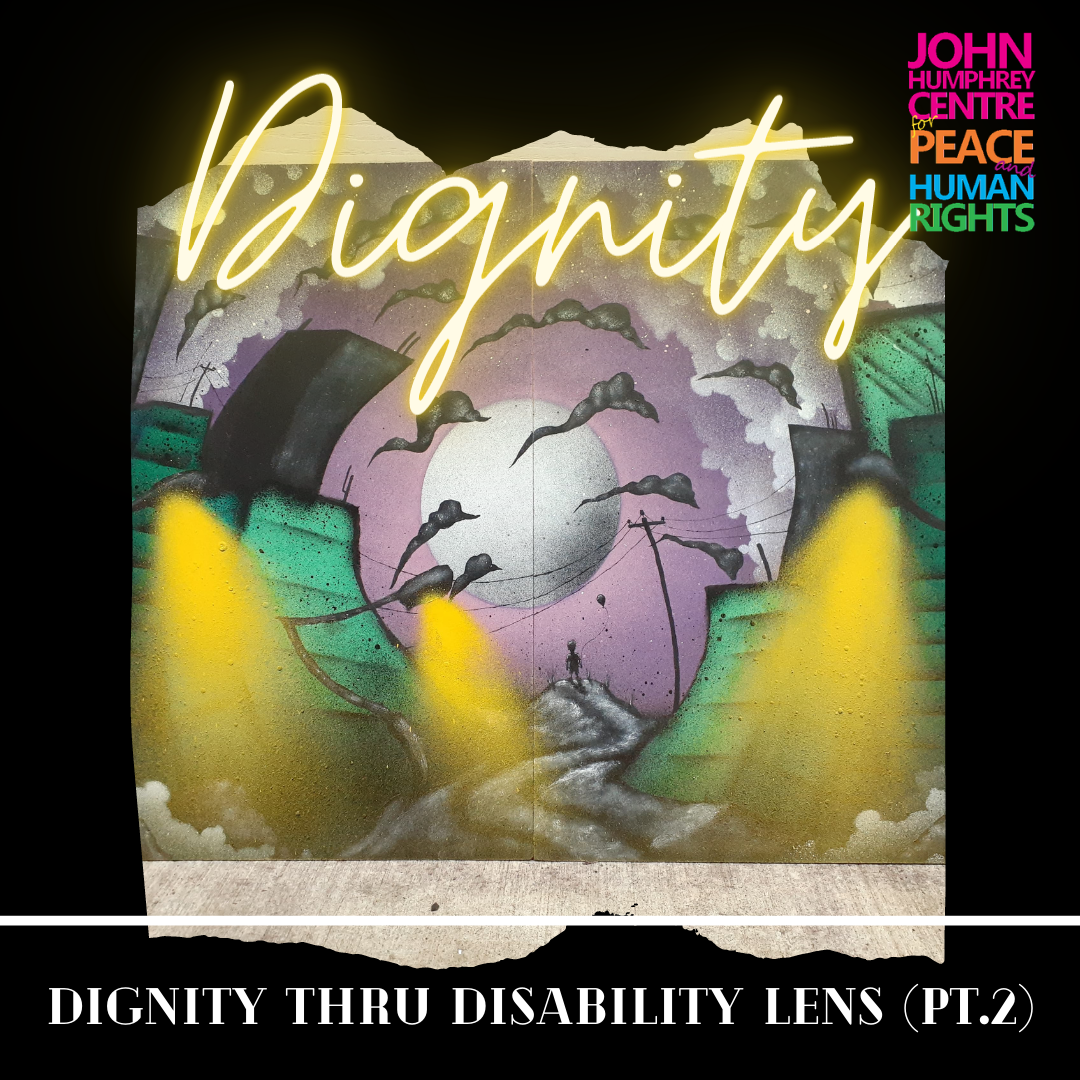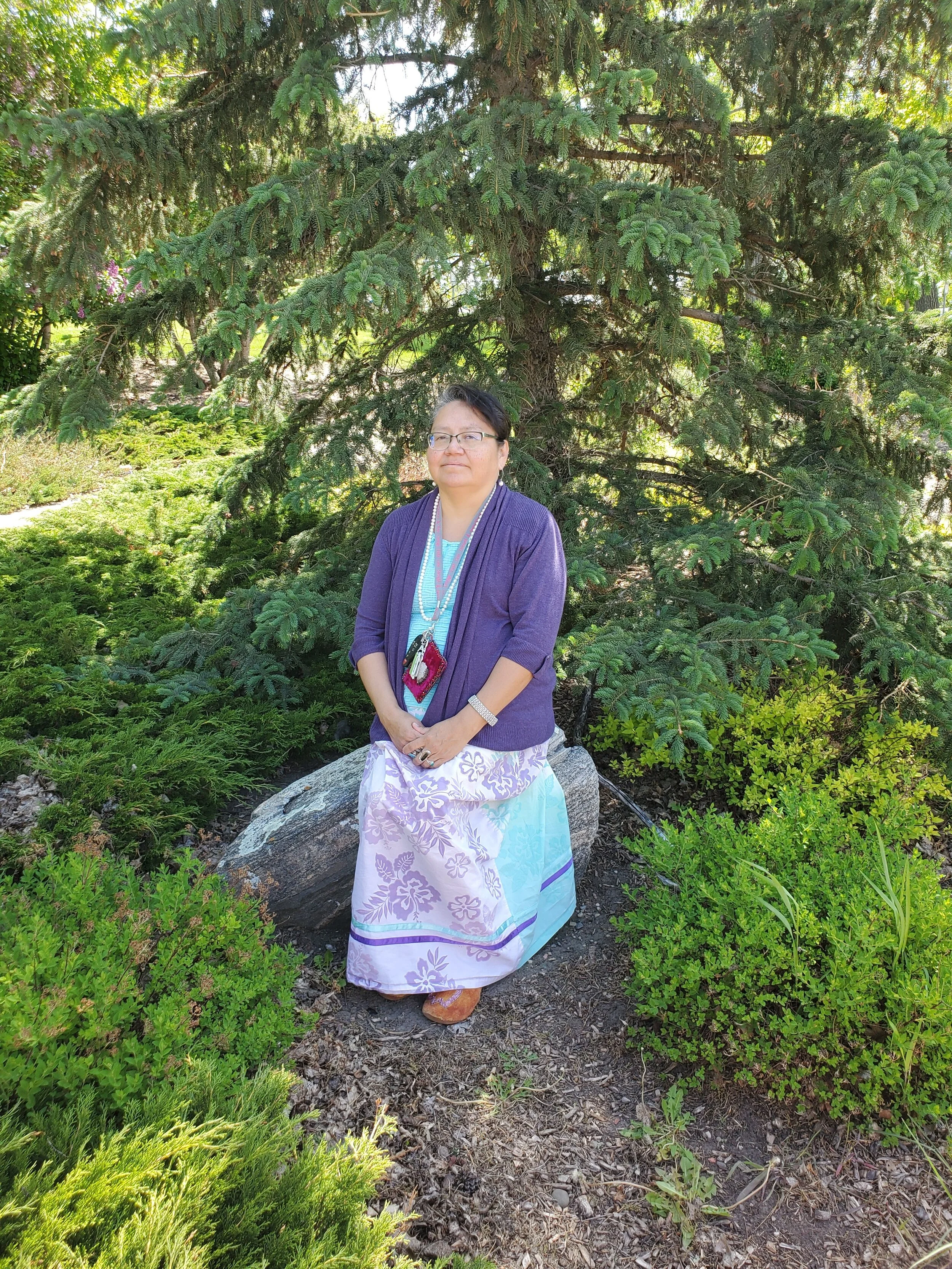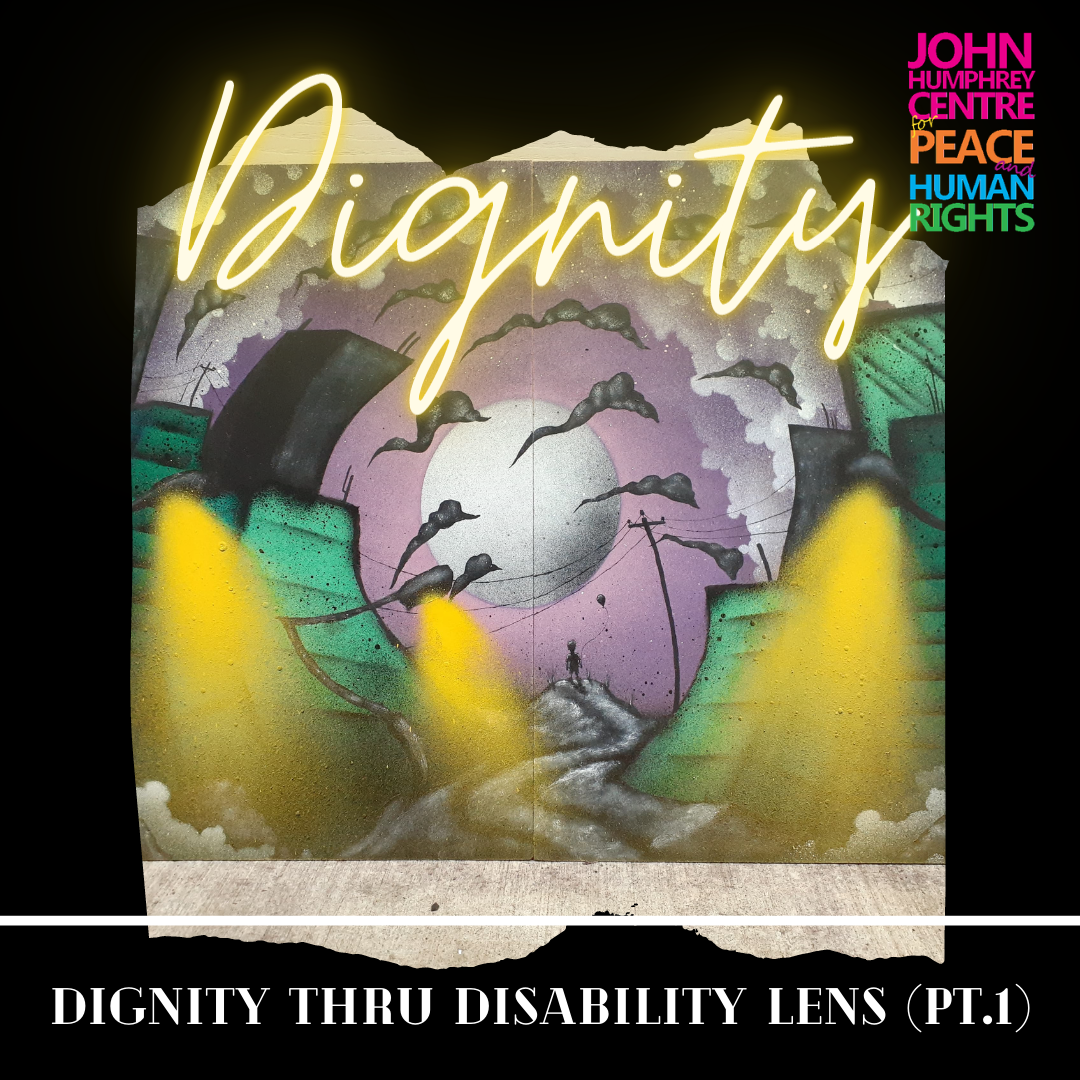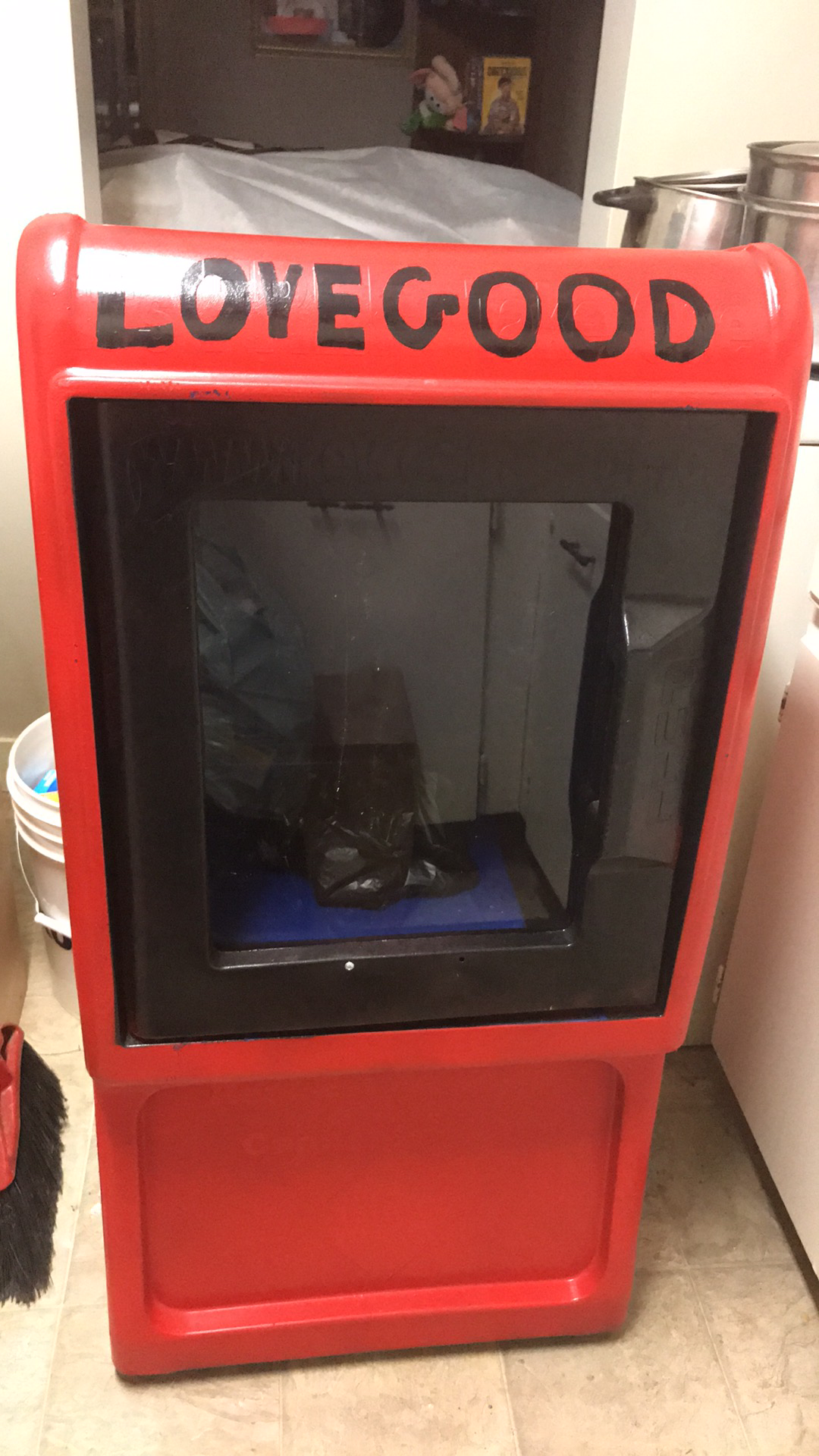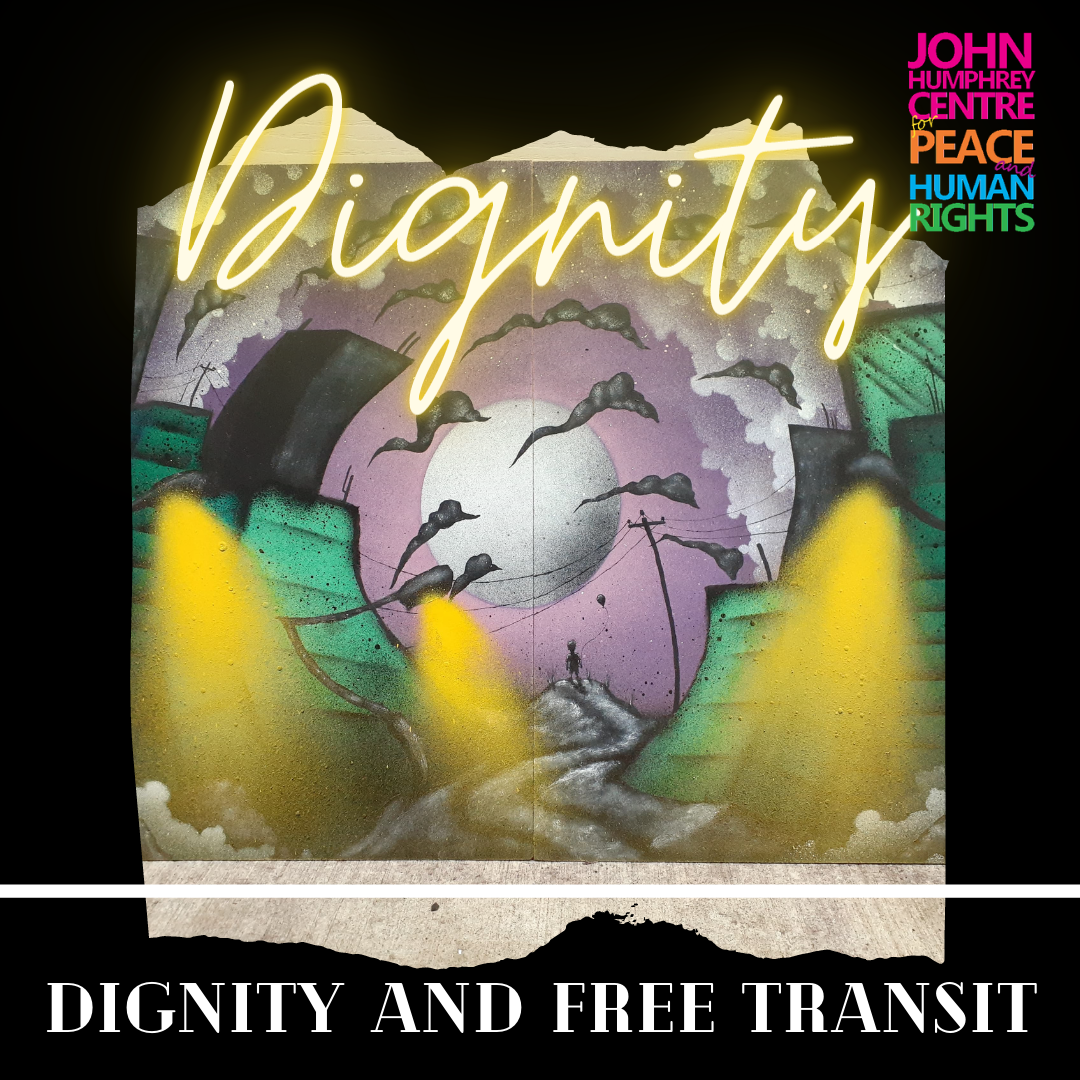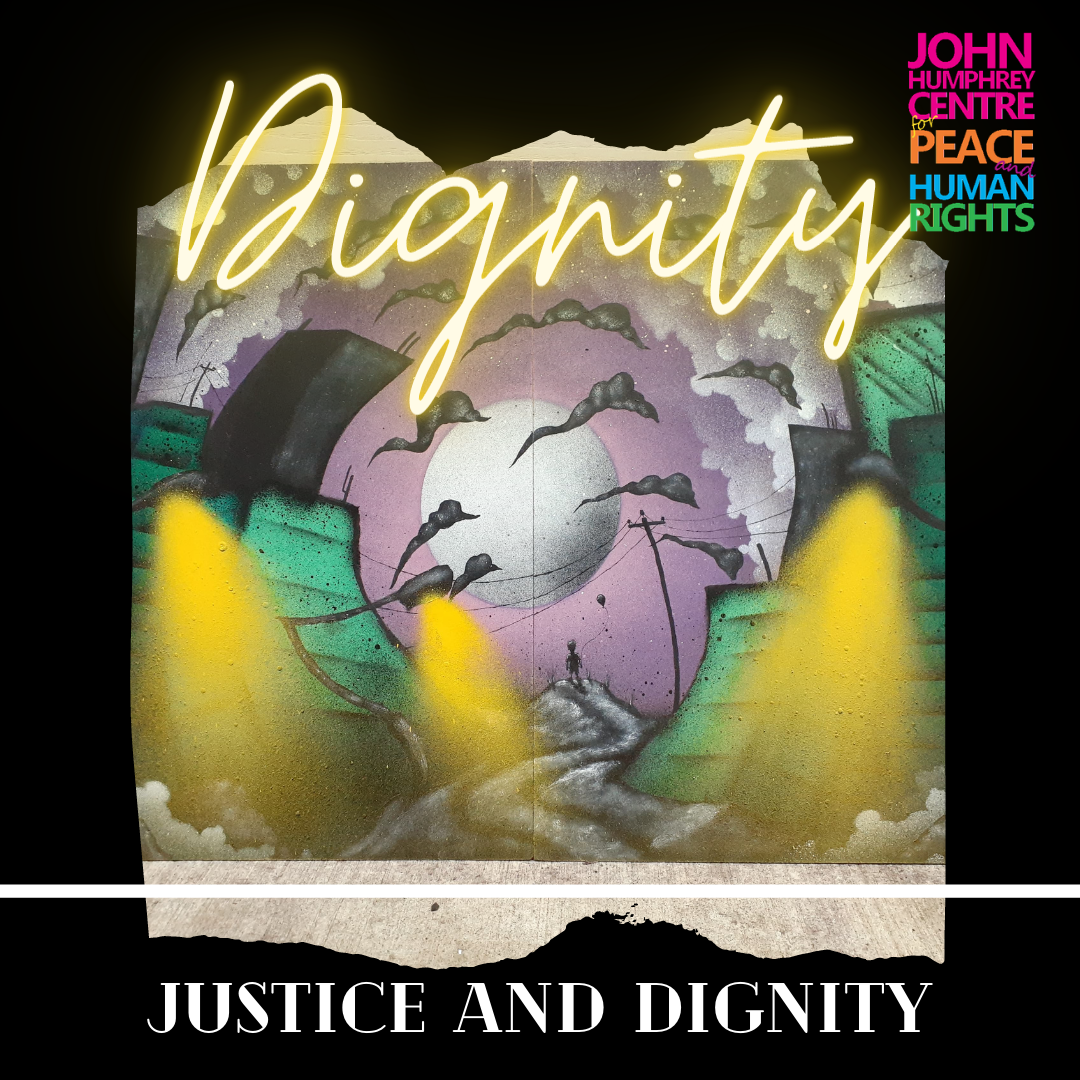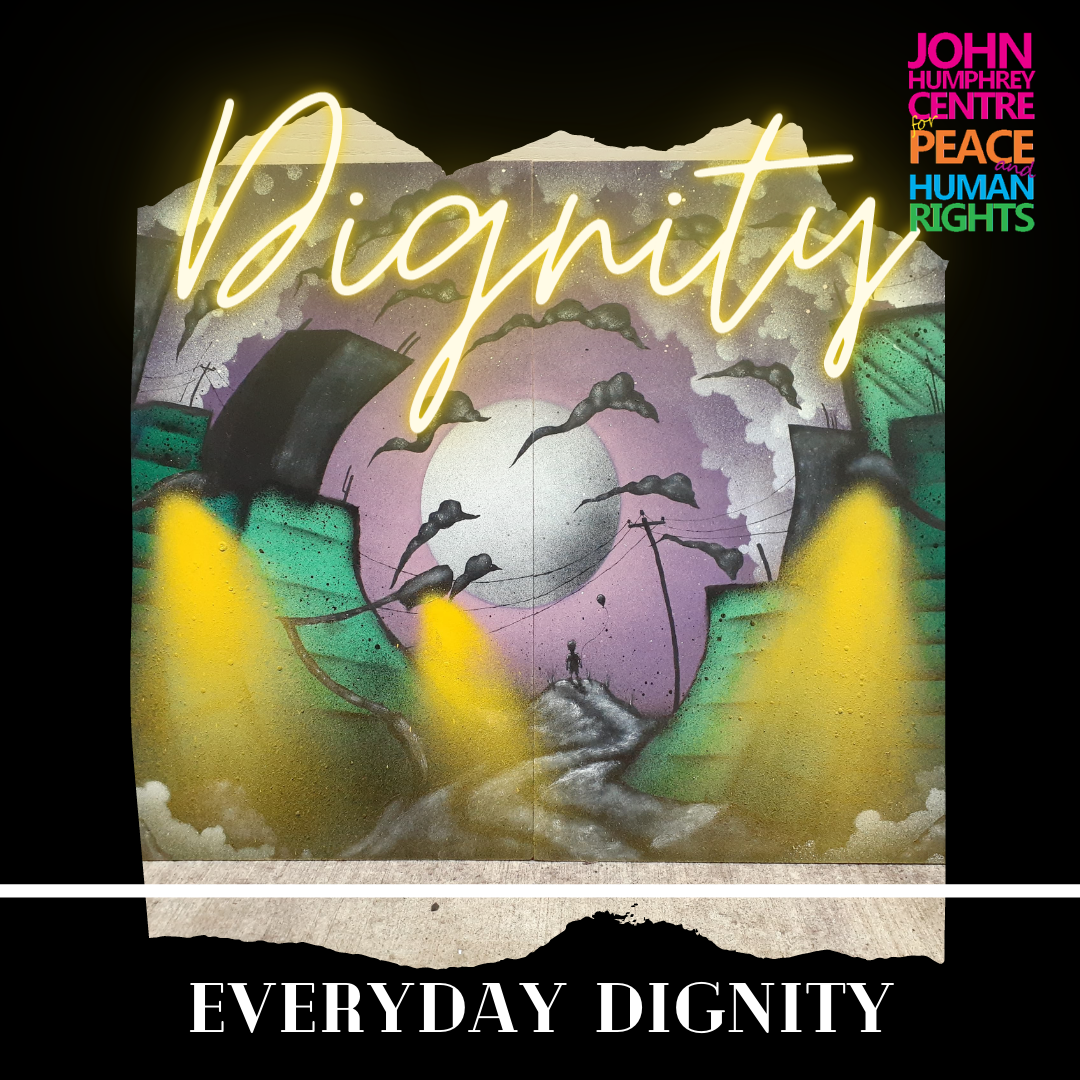“Volunteering with the JHC has been impactful: It has connected me with the community from various angles and enabled me to learn about our history and continuing contemporary challenges.”
Read MoreFacilitator Training
Action Alberta
Building relationships to respond to hate, racism and discrimination
Invitation to Facilitators
The Action Alberta: Communities Responding to Hate project invites individuals with a passion to strengthen community relations, create communities of understanding and acceptance, and strengthen our collective response to hate, racism and discrimination to join us to help facilitate dialogues with stakeholders.
Read MoreIf you are a youth age 15-29, we would love to receive your input on our Youth Human Rights Survey!
Read MoreA group of 13 agencies have joined together to help people in vulnerable situations, including those without homes, newcomers to Canada and single mothers, get through the pandemic.
"We all were over-stretched doing bits and pieces," said Angelica Quesada, co-chair of the Edmonton COVID-19 Rapid Response Collaborative.
"Now we are taking a wider, more collaborative, more wholesome view of the needs and the scope and trying to respond in a more organized way."
The City of Edmonton is funding the group $1.5 million to run programs until the end of December.
The group, led by the Action for Healthy Communities Society of Alberta and includes the Canadian Native Friendship Centre, Multicultural Health Brokers, the Edmonton Immigrant Services Association, the Islamic Family & Social Services Association and the Africa Centre, will receive $1.5 million in funding from the city.
The program, which will run until the end of December, will focus on three key needs: food, mental health and income support.
In addition to those immediate needs, the collaborative is also looking at how each group might be able to help people through their recovery time as well, Quesada said.
To read full article click here
Read MoreIf you or someone you know has tested positive for COVID-19 and you need information and support in your home language, please contact (toll free) the multilingual emergency response centre at 1-833-738-7727. Outreach workers provide support in 30+ languages with referrals to more than 12 agencies.
Read MoreCurrently, I am working alongside the Alberta Hate Crimes Commission (AHCC) and John Humphrey Centre (JHC) to take the STRIDE Advocacy initiative to social media! The project will be called Social Stride. Social Stride aims to address hate and discrimination issues by providing education, countering misinformation, and supporting and amplifying victims' voices. Our vision is to create a healthier online environment by modelling peace and dignity.
Read MoreHere is our special edition newsletter, we highlight the community arts manifesto!
Read MoreOur first podcast workshop for youth 15-29 is next week Wednesday February 10th at 5PM. The Front 2 Back Podcast Workshop will cover anti-oppressive practice in podcasting and the process of interviewing and putting a community podcast together.
Sign up with the link below or in our bio! There is limited capacity, so please register early if you’d like to attend: http://bit.do/r4cpodcastsignup
#R4C #youth #yeg #Roots4Change
It has been a great experience with many up and down feelings! It brings me back to the days where I was that kid causing chaos on the streets and abusing drugs to the point they abused me. Now I am a dopeless hope fiend, where before I was a hopeless dope fiend.
Read MoreThis episode looks back on our past conversations. Thank you so much for your support and continued engagement. Music by Micky Pop - Hopscotch. Transition music by Podington Bear - Shapeshifters.
Read MoreThe final interview of Dignity During a Pandemic looks at dignity, identity and the realities of increased racism for many in the wake of a global pandemic. Stay tuned next week to hear a recap of all the amazing contributors!
Read MoreThe tenth episode of Dignity During a Pandemic takes time to check in with the experience of COVID-19 for young people and families. We hear how quarantine has changed everyday habits and helped grow a bigger understanding of what dignity means from both older and younger voices.
Read MoreThe ninth episode of Dignity During a Pandemic continues with insights from persons from the disability community. This is part two, if you haven’t yet, go back and listen to episode 8 first.
In this week’s episode, members of two local organizations working to support and connect folks with disabilities: Gateway Association and The Self Advocacy Federation. We hear what joy and humour, arts and advocacy, and what has been learned through the pandemic so far.
Read MoreMelodie is a human rights advocate who resides in Lethbridge. She is very active in the community and focuses on issues related to racism and discrimination. She also has assisted in with cases involving child welfare, justice, education and policing.
Read MoreThe eighth episode of Dignity During a Pandemic hears from persons from the pan-disability community who came together to discuss the importance of dignity and what it means to them. Due to the many voices present and important perspectives raised, this will be a two part episode.
Read MoreBobby LoveGood about to start serving people in downtown Edmonton.
Read MoreThe seventh episode of Dignity During a Pandemic looks at dignity, the right to mobility and the fight for free transit in Edmonton and beyond.
Read MoreThe sixth episode of Dignity During a Pandemic hears from a community advocate on realities of racism, criminalization and the importance of justice and human dignity.
Read MoreThe fifth episode of Dignity During a Pandemic sheds light on community responses to food and housing insecurity and how these needs are made even more real by the pressures of a global pandemic.
In this week’s episode, Wen talks to Rosa Janewski, an organizer with Food Not Bombs Edmonton and frontline worker and volunteer advocate for people sleeping rough and those who are unhoused. Listen, to hear how Rosa’s work, and her insights, based on her first-hand experiences, shape what dignity looks like for her.
Read More

